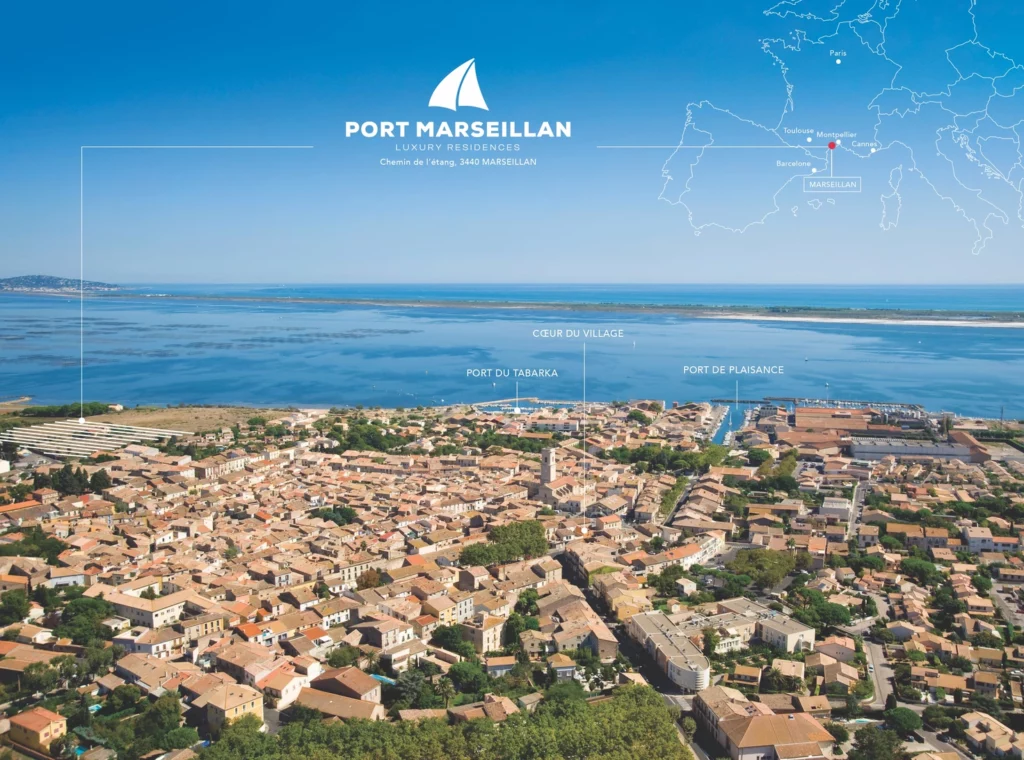Design strategies for seaside resorts and, more broadly, branded destinations, are inextricably linked to the framework of the international Sustainable Development Goals 2020-2050, with a particular focus on Goal 11: “Sustainable Cities and Communities”.
As project managers and architects, it is our responsibility to create the right conditions for the development of human-oriented destinations, with a constant concern for the protection and regeneration of the environment for the benefit of future generations.
Slow Life Architects believes in a proactive approach to design. It must take into account all the elements of sustainable development. This includes bio-responsible construction, eco-design, urban and regional sustainability plans, social engagement, sustainable operations, KM0 procurement and selective recycling.

At Propriétés & Co, as eco-designers, every project is part of an in-depth reflection process, right from the Masterplan phase (our white paper). Defining the principles of a collaborative process with developers, hotel operators and local authorities to ensure a creative and participative process is an essential step.
This is why defining project objectives, establishing a set of control measures (audits, certifications…), and incorporating “Environmental, Social and Governance” (ESG) principles, is fundamental. This is the starting point for a successful design and construction process, on which the investment process and the project’s reputation will depend, the keys to achieving the desired results.
For Port-Marseillan Resort, our design objectives are in line with those of Propriétés & Co, inspired by Miguel Espada‘s vision. The approach of preserving the environment, with particular attention paid to the health and well-being of future users, at the heart of the project.
Our commitment to sustainable resort design is a testament to our perseverance in creating inspiring destinations focused on the well-being of future owners. This rhymes with economic viability, environmental responsibility and harmonious social impact.
Miguel Espada, Marseillan.

